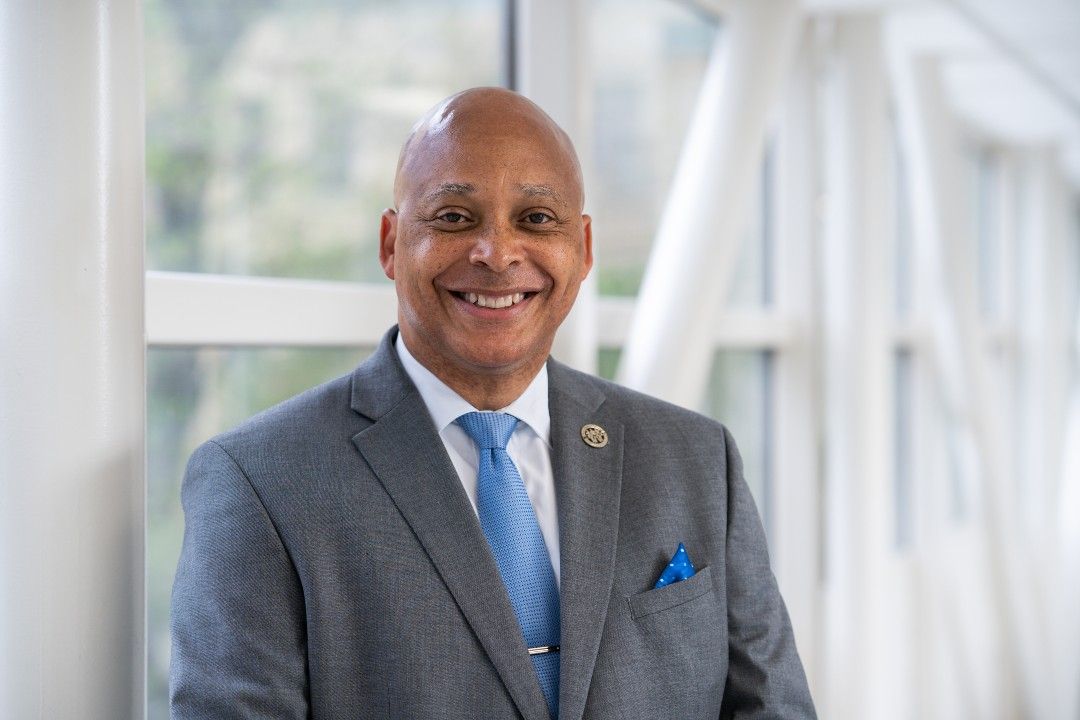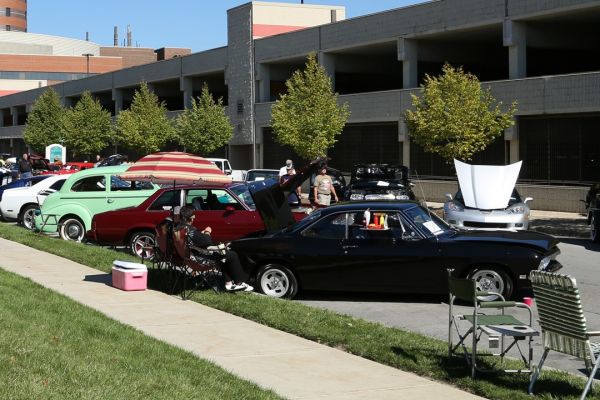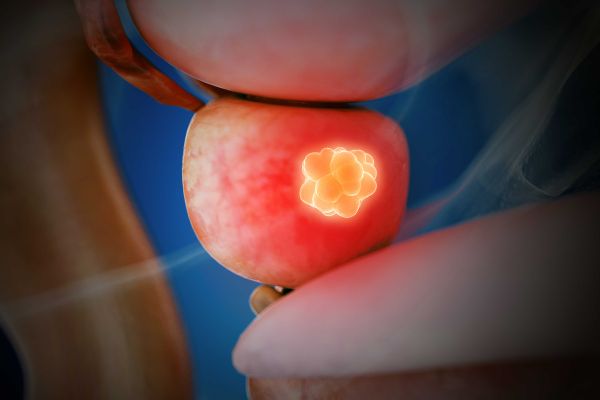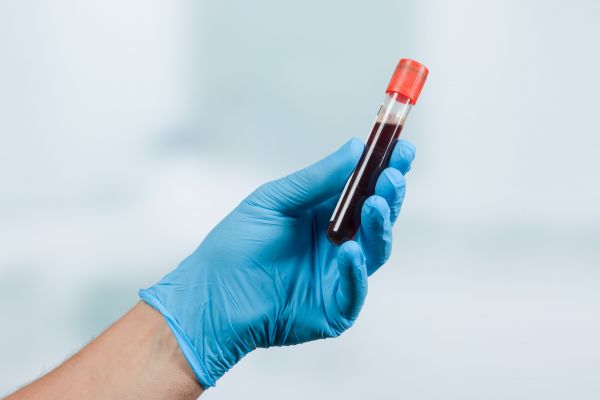Learning that you have been diagnosed with cancer can be difficult news to process. Many factors can contribute to such a diagnosis, which is why “going to your doctor and staying ahead of the game” is one of the best ways to catch cancer early on.
Describing his experience with prostate cancer, Richard Satterwhite advises others to “start seeing your doctor now, find out what your family history is and if you have a family member with prostate cancer, let your doctor know immediately.”
Don’t ignore unusual symptoms
September 6, 2007, was the day that changed Richard’s life forever. This was the day where he received the news that he had prostate cancer. The most common risk factor for developing prostate cancer is age. Richard was only 44 years old when he was diagnosed. Typically, prostate cancer screenings are not encouraged unless you are at least 45 years old or considered at high risk for developing prostate cancer.
Although the diagnosis was unexpected, he did have one indication that something was wrong. A television infomercial for a prostate medication that relieved symptoms of an enlarged prostate made Richard begin to question some of the unusual urination patterns he was experiencing and led him to make an appointment with his doctor.
Richard’s examination with his doctor included collecting a small blood sample to check prostate-specific antigen (PSA) levels in his blood, which can help indicate cancer may be present. After his first exam, Richard’s PSA level was highly elevated, and he was referred to a urologist. Then, after a second PSA exam ordered by his urologist, it was confirmed that he had elevated PSA levels. Because of this diagnosis, Richard underwent a biopsy that confirmed he had cancer in his prostate.
“When people hear that they have been diagnosed with cancer, it’s hard to not think about it as a death sentence,” says Richard. “I didn’t know what the outcome would be, and I started planning on what I was going to leave behind for my family.”
Seek care from the experts
Feeling fearful of the unknown, Richard decided that it would be best to consult with Roswell Park Comprehensive Cancer Center experts to discuss the next steps in his cancer journey. After careful consideration, Richard decided that in his case and at his age, having his prostate removed, an operation called radical prostatectomy, would be best for him.
In December 2007, Richard was told he was cancer-free. To this day, Richard has remained cancer-free and has made a proactive impact in the cancer community. “Cancer changed my life and my focus. It has become a part of my mission to make sure other prostate cancer patients are doing well and being cared for,” he says.
As a Patient Engagement Specialist at Roswell Park Comprehensive Cancer Center and a founder of Men Allied for the Need to Understand Prostate Cancer (MANUP) Buffalo, Richard strives to teach others the importance of regular health checkups and routine early detection screenings for prostate cancer.
MANUP is teaming up with Roswell Park Comprehensive Cancer Center to bring Cruisin’ for a Cure Buffalo-Niagara to campus. This is the 10th year that Roswell Park will host this event. Guests can expect to spend a fun-filled day of classic cars, turners, trucks, motorcycles and more! It’s also the perfect opportunity to stay on top of your health and participate in the prostate cancer early detection clinic screenings. Registrants will receive a DRE and PSA test, free of charge, from Roswell Park urologists and clinical staff.
For more information on Cruisin’ for a Cure Buffalo-Niagara, contact Richard Satterwhite at 716-845-1609.
Editor’s Note: Cancer patient outcomes and experiences may vary, even for those with the same type of cancer. An individual patient’s story should not be used as a prediction of how another patient will respond to treatment. Roswell Park is transparent about the survival rates of our patients as compared to national standards, and provides this information, when available, within the cancer type sections of this website.



